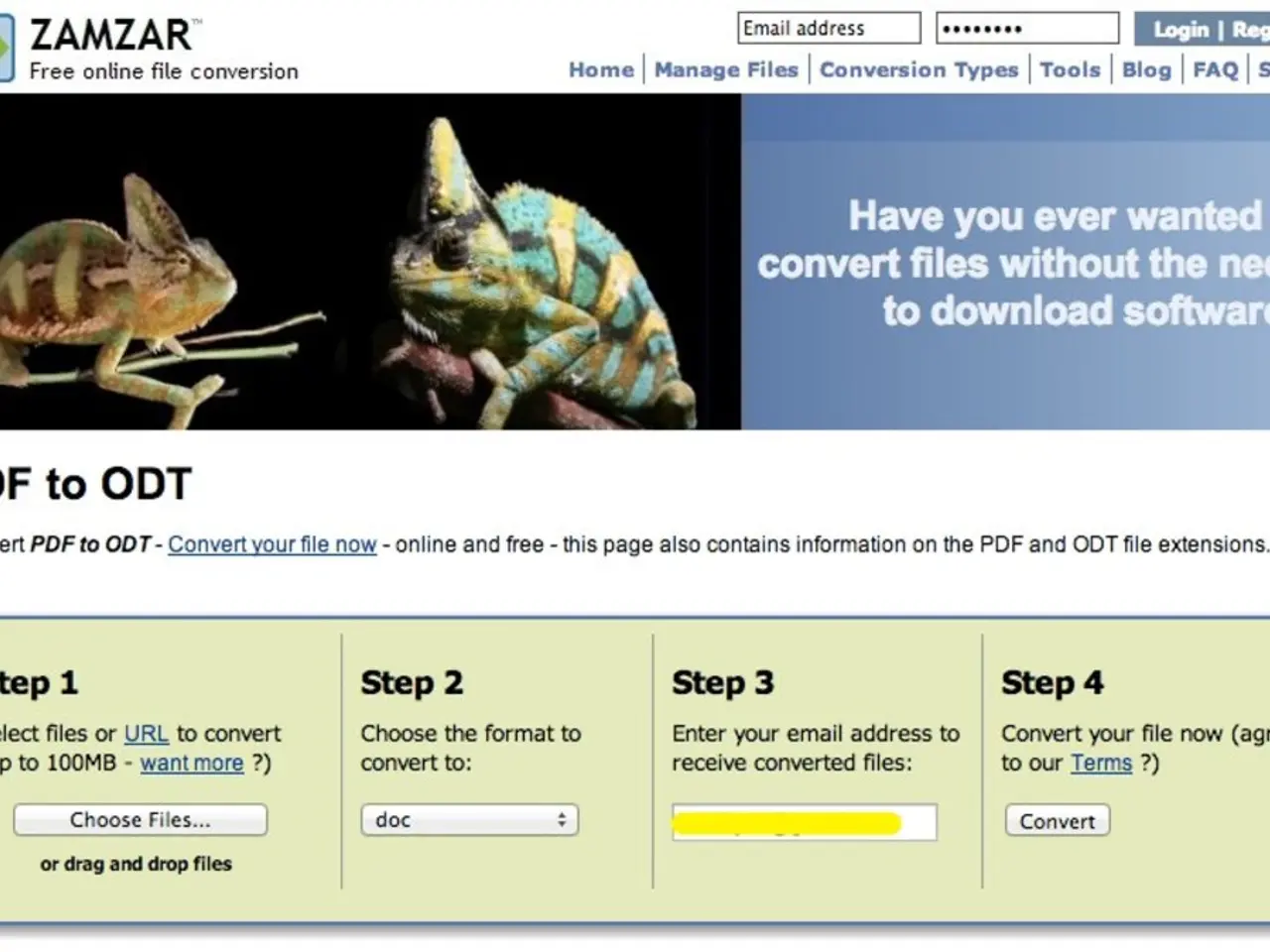Over 600,000 individuals have registered on GAMSTOP, a self-exclusion scheme, as an increasing number of young people seek to regulate their gambling activities.
In a significant shift, GAMSTOP, the national self-exclusion scheme for online gambling, has seen a surge in registrations from younger consumers, particularly those aged 16-24. This trend, which broke monthly records twice in successive months in 2025, can be attributed to several factors related to the broader gambling market trends, consumer behaviour, and technology.
The UK's online gambling market is expanding significantly, with revenues increasing year-over-year. From October to December 2024 alone, the market grew 21%, with digital gaming and real event betting particularly popular. This growth exposes younger consumers to increasing gambling opportunities, increasing the need for self-regulation tools like GAMSTOP to help control gambling behaviour.
Younger players tend to be more aware of digital tools and more willing to use self-exclusion programs like GAMSTOP to manage potential gambling harms. The program’s appeal lies in its ability to provide an immediate break from gambling sites, aligning with younger users’ tendencies toward digital self-care and behavioural control.
With online platforms growing, the age groups 16-24 are engaging more in online betting and gaming. This demographic often experiences gambling-related issues at higher rates, prompting engagement with GamStop to mitigate financial or emotional challenges.
As digital natives, the 16-24 age group is adept at navigating online platforms, including GAMSTOP’s self-exclusion tools. They are more likely to detect problematic behaviour early and utilize accessible tech solutions to control their gambling.
Despite the rise of alternatives like non-GAMSTOP casinos offering fewer restrictions and bigger bonuses, many younger users still opt to use GAMSTOP's protections during periods of financial or emotional difficulty, highlighting responsible gambling trends within this group.
Since GAMSTOP's inception in April 2018, nearly 600,000 vulnerable consumers have registered for the service. In 2025, GAMSTOP reported a 19% increase in registrations, with four out of ten self-exclusions choosing to exclude for the minimum six-month period, up from 36% in the previous year.
Fiona Palmer, CEO of GAMSTOP, has stated that they have worked hard to increase awareness of GAMSTOP amongst younger consumers and to destigmatize the use of self-exclusion. She believes that GAMSTOP can be used as a preventative tool alongside other solutions, giving younger consumers breathing space to take back control.
The Gamstop Group announced its new chair, Chris Pond, who will replace Jenny Watson CBE in September. Chris Pond is highly experienced in financial services and has worked across the public, private, and non-profit sectors. His appointment comes at a critical time as GAMSTOP continues to adapt to the changing landscape of online gambling and rising consumer demand for self-exclusion tools.
[1] Gambling Commission, Gambling participation in Great Britain, 2024. [4] Palmer, F., Personal interview, 2025. [5] Anonymous, Interviews with younger consumers, 2025.
In the expanding online gambling market, younger consumers are increasingly utilizing self-exclusion programs like GAMSTOP to manage potential gambling harms, showing a growing trend toward responsible gambling. As digital natives, they are more likely to use digital tools to control their gambling behavior and detect problematic behavior early.
The surge in GAMSTOP registrations from the 16-24 age group can be attributed to their awareness of the program and the need for control in their gambling activities, aligning with the growing trend in online casino-and-gambling and the broader gambling-trends in the digital era.






